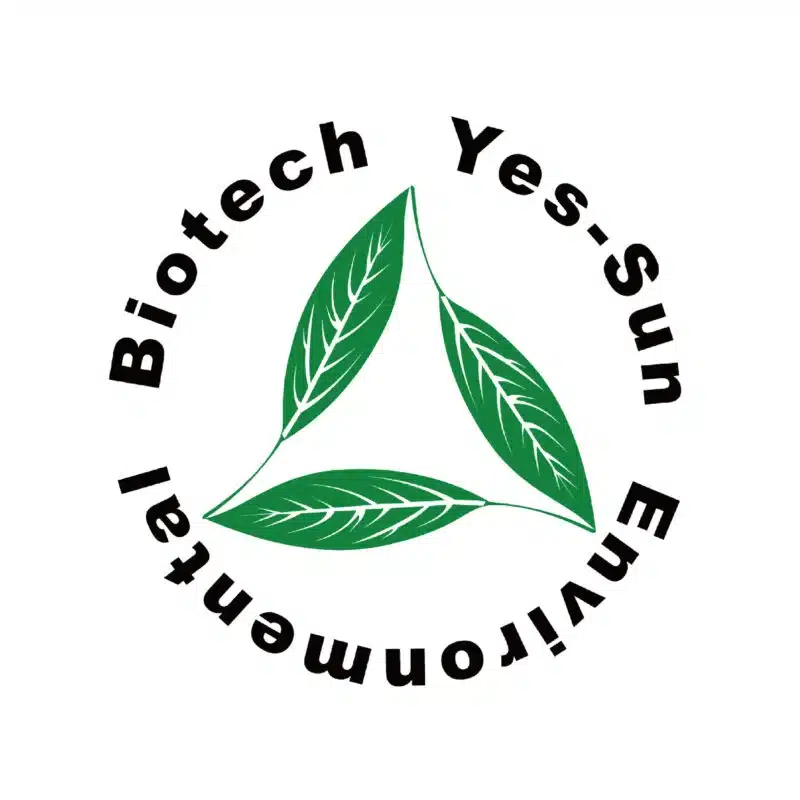Composting-free enzyme is an environmentally friendly product that is designed to accelerate the decomposition of organic waste without the need for traditional composting methods. It contains a mixture of enzymes that break down organic matter into smaller, more manageable pieces, which can be easily absorbed into the soil. This product is ideal for those who want to reduce their carbon footprint and minimize the amount of waste they produce. Composting-free enzyme can be used in a variety of settings, including households, restaurants, and commercial operations. It is easy to use and can be applied directly to organic waste, where it will quickly break down the material and turn it into nutrient-rich soil. Overall, composting-free enzyme is a cost-effective and eco-friendly solution for managing organic waste and promoting sustainable practices.
Composting-free formula
=
Composting-free reactive enzyme + Essential organic nutrients
The Composting-free formula includes both reactive enzymes and organic nutrients to provide essential nutrients that may be lacking in the original waste material, leading to a more efficient and effective decomposition process with reduced waste production. The use of Composting-free technology eliminates the need for traditional composting methods, making the process more convenient and accessible. Moreover, the use of Composting-free enzymes is environmentally friendly, reducing greenhouse gas emissions and minimizing the use of harmful chemicals.

COMPOSTING-FREE ENZYME
Characteristics

Environmentally friendly: Composting-free enzymes do not produce any waste or byproducts, making them a sustainable and environmentally friendly choice for many industries.

High efficiency: These enzymes have a high catalytic efficiency, which means they can work quickly and effectively to break down organic materials.

Versatility: Composting-free enzymes can be used to break down a wide range of organic materials, including cellulose, starch, and proteins.

Cost-effective: Compared to traditional composting methods, composting-free enzymes can be a more cost-effective solution for organic waste management.

Customizability: Composting-free enzymes can be customized to fit specific industrial or agricultural needs, making them a versatile tool for a range of applications.
COMPOSTING-FREE ENZYME
Benefits
Reduced environmental impact: Composting-free enzymes with composting-free technology offer a sustainable solution to organic waste management that reduces the environmental impact of organic waste. They do not produce any waste or byproducts and do not require significant investment in infrastructure and maintenance.
Faster decomposition: Composting-free enzymes with composting-free technology have a high catalytic efficiency, which means they can break down organic materials more quickly and effectively than traditional composting methods.
Increased cost savings: Composting-free enzymes with composting-free technology can be a more cost-effective solution for organic waste management compared to traditional composting methods.
Customizable for specific needs: Composting-free enzymes with composting-free technology can be customized to fit specific industrial or agricultural needs, making them a versatile tool for a range of applications.
Better control over the decomposition process: Composting-free enzymes with composting-free technology offer better control over the decomposition process, allowing for greater precision and efficiency in organic waste management. They also offer better control over odor and other environmental impacts associated with traditional composting methods.



 中文 (台灣)
中文 (台灣) Bahasa Indonesia
Bahasa Indonesia Tiếng Việt
Tiếng Việt Bahasa Melayu
Bahasa Melayu Français
Français Español
Español Português
Português